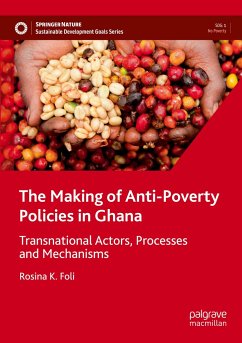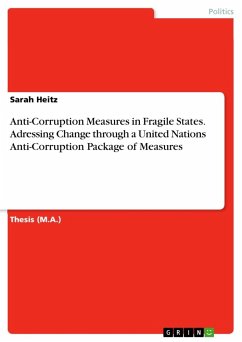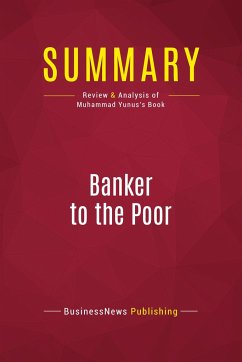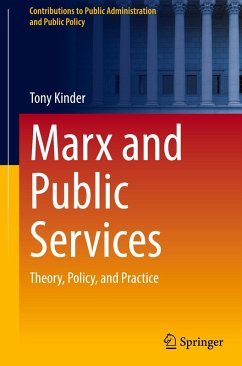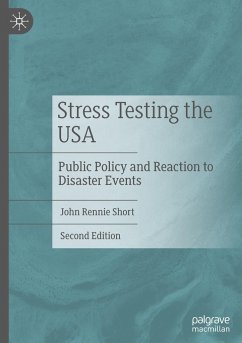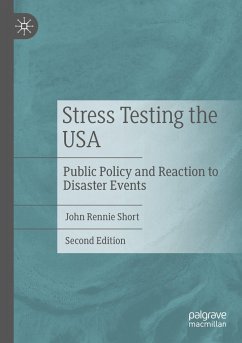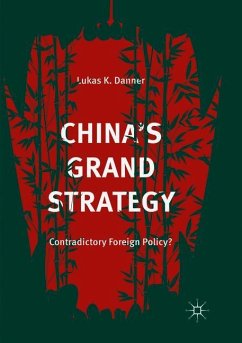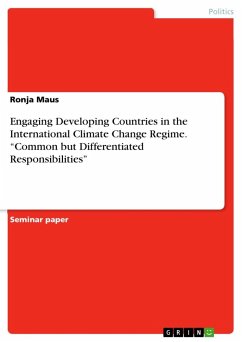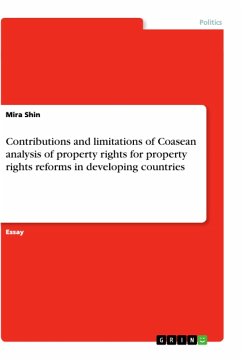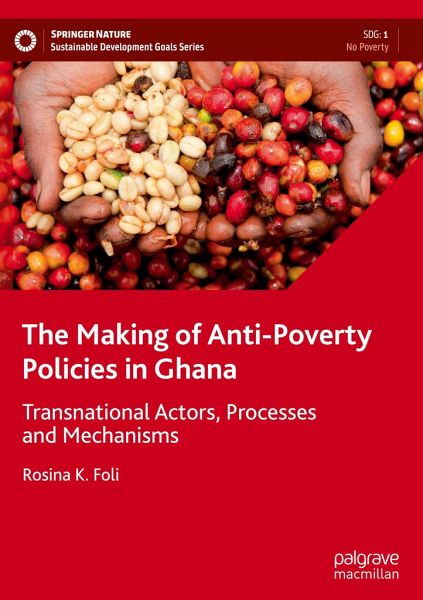
The Making of Anti-Poverty Policies in Ghana
Transnational Actors, Processes and Mechanisms
Versandkostenfrei!
Versandfertig in 6-10 Tagen
106,99 €
inkl. MwSt.
Weitere Ausgaben:

PAYBACK Punkte
53 °P sammeln!
This book examines the roles played by transnational actors to influence poverty reduction policies in Ghana. Whereas previous studies on anti-poverty policies have primarily focused on the 'carrot and stick' approach deployed by transnational actors - whereby developmental assistance is granted in return of certain conditions being met - this book demonstrates that there are several alternative strategies. Indeed, rather than adopting 'hard' means of shaping policy, many transnational actors in fact use a 'soft' approach characterized by collaboration. In order to demonstrate this, the book e...
This book examines the roles played by transnational actors to influence poverty reduction policies in Ghana. Whereas previous studies on anti-poverty policies have primarily focused on the 'carrot and stick' approach deployed by transnational actors - whereby developmental assistance is granted in return of certain conditions being met - this book demonstrates that there are several alternative strategies. Indeed, rather than adopting 'hard' means of shaping policy, many transnational actors in fact use a 'soft' approach characterized by collaboration. In order to demonstrate this, the book examines two poverty reduction programmes. Utilising research based on interviews with national policymakers, civil-society organizations and the media, it compares different approaches used by transnational actors and the attendant outcomes for national and international parties. Drawing on an interdisciplinary perspective, the book will appeal to scholars and students of public policy and international relations.





